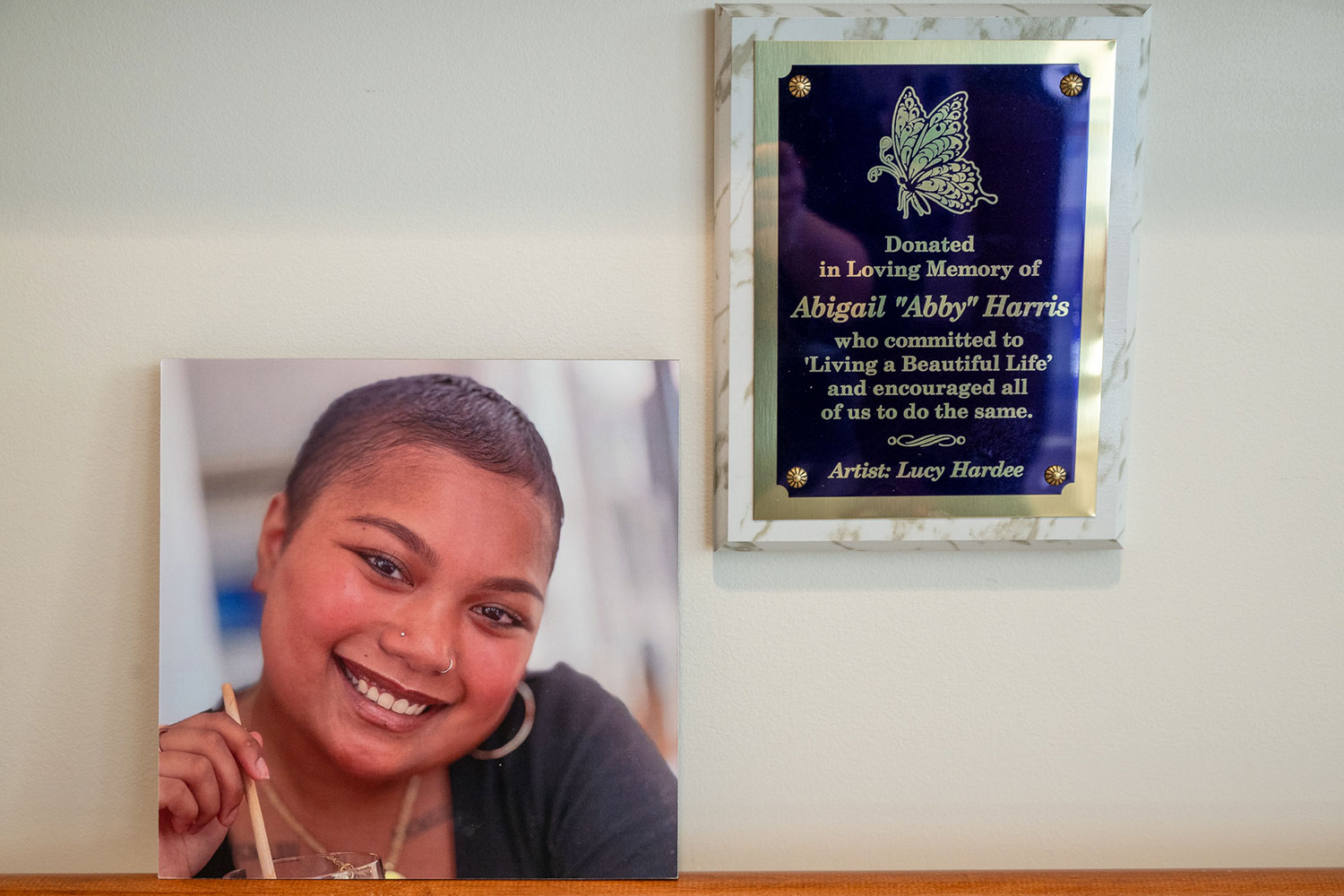Cervical cancer used to be one of the most common causes of cancer death in women in the United States and remains so worldwide. Since the introduction of the Pap test (also called a Pap smear) more than 50 years ago, in addition to screening protocols and human papillomavirus (HPV) vaccination, the overall incidence and death from cervical cancer in the United States has decreased dramatically.
Cervical cancer is preventable with regular screening tests and the HPV vaccine. More recently, COVID-19 has taken a toll on women’s health as studies have shown a gap in missed routine preventative exams and screening visits. Children also have not presented for routine care or recommended vaccinations during the pandemic.
While limiting activities to avoid crowds is important to decrease viral transmission, delaying preventative health care may result in negative health outcomes.
“It is important even during the pandemic to continue to take care of your health and not delay preventative care appointments,” says Dr. Bradford Whitcomb, Chief of Gynecologic Oncology at the Carole & Ray Neag Comprehensive Cancer Center at UConn Health. “UConn Health has taken several measures to decrease institutional exposures to COVID-19 following protocols that make it safe not to delay care.”
During a regular screening appointment, a Pap test (or Pap smear) is performed to look for precancers, cell changes on the cervix that might become cervical cancer if they are not evaluated or treated appropriately.
According to Whitcomb, the American Cancer Society recommends Pap smears, ideally with HPV testing, take place in those 25-65 years old and should be repeated every 3-5 years for average-risk women as determined by your practitioner.
The main cause of cervical cancer is long-lasting infection with certain types of HPV. HPV is a common virus that is passed from one person to another during sexual contact.
About 13 million Americans, including teens, become infected with HPV each year. While most infections will go away on their own, those that don’t go away can cause certain types of cancer including:
- Cervix, vagina, and vulva in women
- Penis in men
- Anus in both men and women
- Back of the throat (called oropharyngeal cancer), including the base of the tongue and tonsils, in both men and women
HPV vaccines can be given starting at nine years old to both girls and boys. It is recommended that all preteens have HPV vaccination, so they are protected from HPV infections that can cause cancer later in life. Teens and young adults through age 26 years who didn’t start or finish the HPV vaccine series also should have HPV vaccination. Women up to age 45 may be eligible for vaccination after discussing with your provider.
The vaccine is safe and very effective.
Other risk factors, like smoking and HIV infection influence which women exposed to HPV, are more likely to develop cervical cancer
Cervical cancer is more common among women who are less likely to have access to screening for cervical cancer. Those populations are more likely to include Black women, Hispanic women, American Indian women, and women from low-income households.
In its early stages, cervical cancer often has no accompanying symptoms. As the cancer progresses, some women may experience vaginal bleeding in between periods, after menopause, or after sex. Other symptoms include pain during sex and pelvic pain.
“When cervical cancer is found early, it is curable and associated with long survival and good quality of life,” says Dr. Whitcomb. “While metastatic cancer is often incurable, research has determined better treatment options, such as immunotherapy, to achieve better outcomes.”
Dr. Whitcomb is concerned about disparities in health care for proper screening, vaccinations, and overall access to the best treatment. “Patients at higher risk are usually those least likely to seek care.”
He believes there is a multi-pronged approach needed including education, prevention, and access to care in communities for those at risk. Educating adolescents on sexual health and risks of smoking by family practitioners, pediatricians, parents, and trustworthy sources in the community is important on many levels.
The Carole and Ray Neag Comprehensive Cancer Center at UConn Health proudly offers a complete range of world-class services, from innovative cancer prevention programs to today’s most sophisticated treatments.
Our experienced team of providers includes nationally recognized experts in medical oncology, surgical oncology, gynecologic oncology, and hematology, as well as specialized nurses, nurse practitioners, social workers, genetic counselors, and much more. Together, we offer a comprehensive, team approach that places the highest emphasis on personalized care to meet the unique needs of each individual patient.
If your child isn’t vaccinated yet, talk to your doctor to arrange at the appropriate age. Those who have delayed preventative care should contact their practitioner to schedule an appointment.



